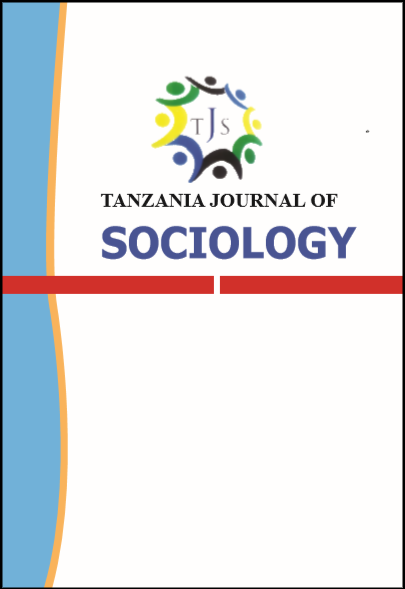Main Article Content
The Implication of Mothers’ Full-Time Labour Force Participation on Early Childcare and Outcome: A Case Study of Dar Es Salaam, Tanzania
Abstract
In the last two decades, in Tanzania, female labour force participation outside the home has grown significantly along with their male counterparts challenging the traditional view that women are reproducers and producers in the home-based economy. Full-time employment leads to higher levels of self-esteem, autonomy, and independence, which may influence sensitivity in caregiving. Many mothers also participate in multiple roles which might limit exclusive time for childcare necessary for the development of healthy children. Qualitative methods were used to collect data both from workplaces and homes. Purposive sampling was utilized to identify 42 full-time working mothers with children under the age of five. In-depth interviews, non-participant observation and documentary reviews were used to gather data which was then analysed thematically. The findings indicate that employment imbues women self-esteem, autonomy and independence which improve sensitivity. Children gain from improved nutrition, health services, and access to better secondary care services. However, balancing family demands was difficult, and this affected the nature of maternal care of children. Work-family conflict demands were the main source of stress in mothers, which was detrimental on children's wellbeing. The study recommends that families should devise mechanisms for investing quality time with children, and develop crèches for early childcare in order to mitigate the rising challenges of working and raising healthy and secure children in an urban setting.







